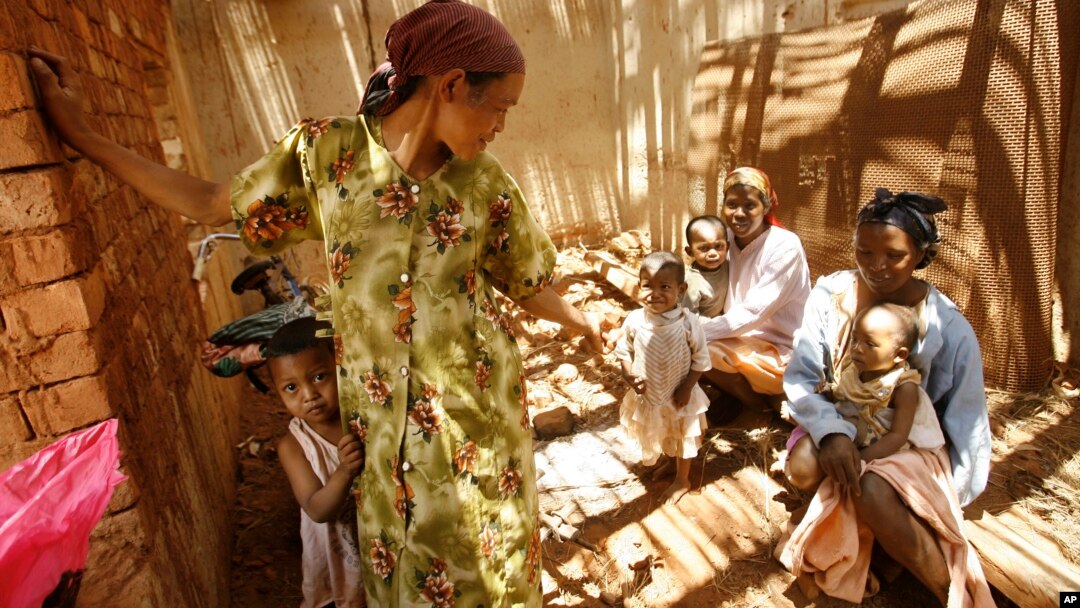Madagascar plans to amend a discriminatory nationality law that stops mothers passing citizenship to their children, making thousands stateless on the Indian Ocean island.
Campaigners hailed the proposed reform which they said could ease the plight of many of the country's most marginalized families by letting children take their mother's nationality.
The move comes a year after the United Nations launched a major global campaign to end statelessness within a decade.
Worldwide, around 12 million people are stateless, deprived of basic rights, including access to education and healthcare, and stuck in poverty.
Jean Max Rakotomamonjy, president of Madagascar's National Assembly, plans to have a draft bill put before parliament by the end of the year, the assembly's head of cabinet confirmed last week.
Madagascar is among 27 countries which do not let a woman pass on her citizenship to her children. This means that if a woman marries a foreigner or stateless person, her children are at increased risk of becoming stateless.
Experts say discriminatory nationality laws are one of the biggest factors perpetuating statelessness worldwide.
Advocacy group Equal Rights Trust (ERT), which met Rakotomamonjy two weeks ago, said parliamentarians had expressed overwhelming support for amending the law during a special parliamentary session on the issue.
"We are delighted," said Dimitrina Petrova, the Trust's executive director. "Removing gender discrimination from the law would be a major step towards ensuring gender equality and eradicating statelessness in Madagascar."
No one knows how many stateless people live in the island nation off East Africa, but some estimates suggest there may be tens of thousands.
A recent ERT report outlining their plight said stateless people had difficulty accessing education and healthcare and often had to pay inflated fees.
They cannot get jobs, buy land or travel, and live in fear of arrest. Many say they feel shunned by society.
"I want to work, but I can't because I don't have a driver's licence. It is very difficult," said Yousef Abdallah, who would like to be a mechanic or chauffeur.
He cannot take his Malagasy mother's nationality and his father is absent. Abdallah's child will probably inherit his statelessness.
Abdallah said he was afraid to go out at night in case he was arrested for not having identity documents.
"I feel frustrated," he added. "For the immigration services, I am not Malagasy, but I was born here, I am Malagasy."
Student Raliya Andriatsiferanarivo, whose situation is similar, told ERT her university fees were more than four times higher than those of other students because she was not considered a national.
Mothers are permitted to pass on their nationality only if they are unmarried. Because of this some women feel forced to pretend they are single mothers, though this causes them great shame.
"It makes me very sad to have to claim that I am single even though my daughter does have her father," the report quoted one mother as saying.
Rights campaigners are also trying to pressure Madagascar to resolve the citizenship problems of its sizeable community of Muslims of Indo-Pakistani origin. The Karana have been in the country for five or six generations but many are stateless.


